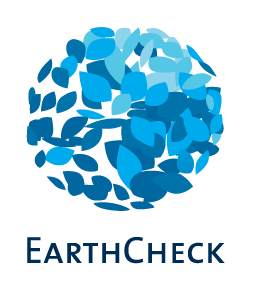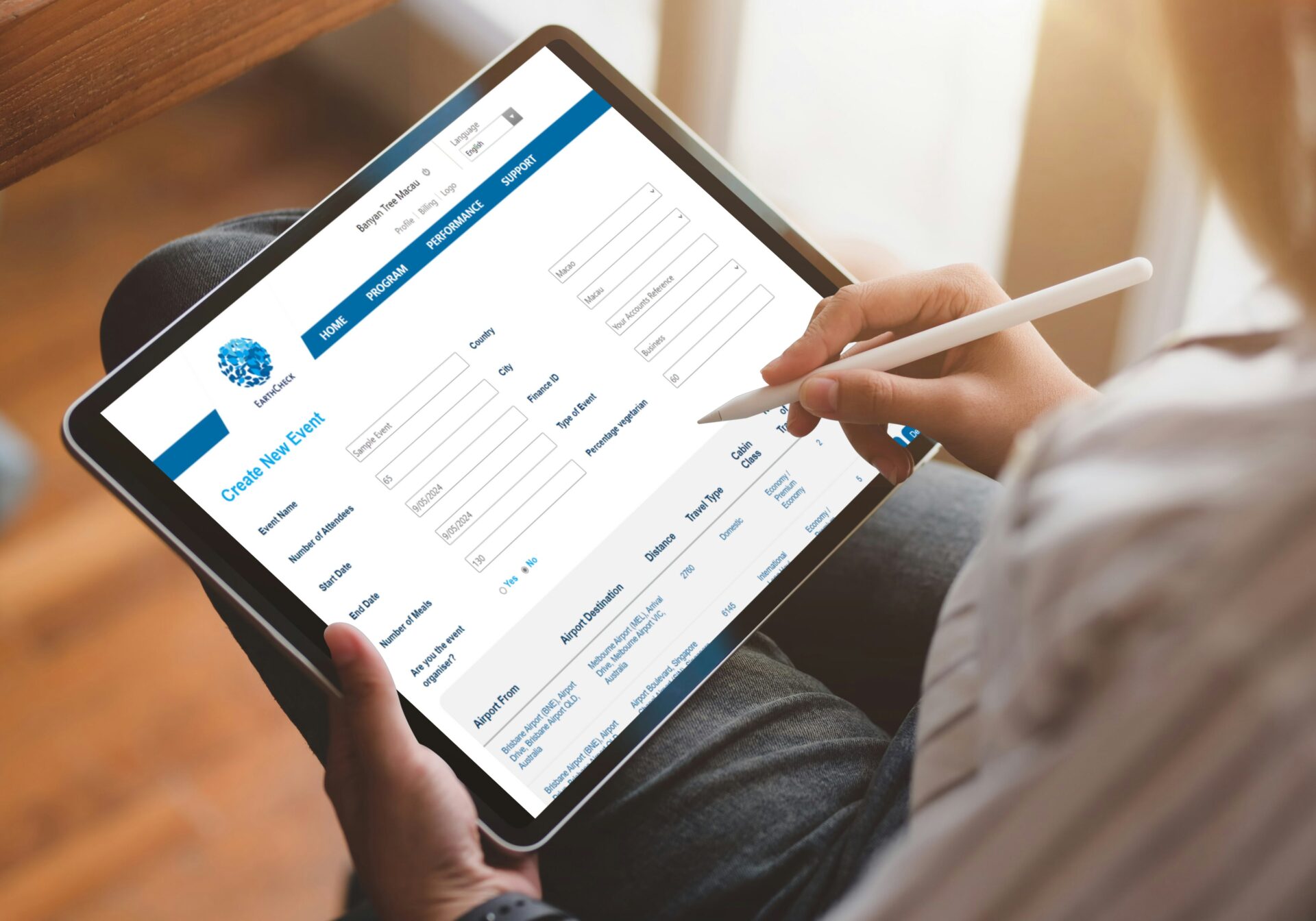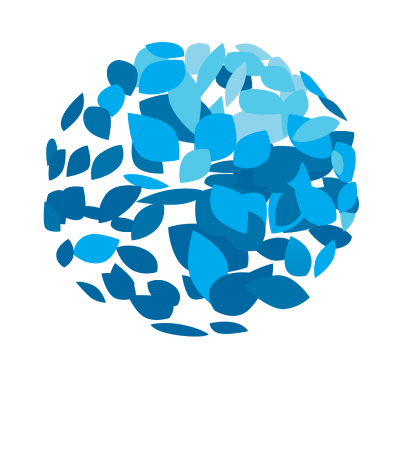EarthCheck has come on board as the exclusive sustainability partner of Typsy, one of the world’s leading online training providers, to develop and deliver micro-credential courses on sustainability and responsible business practices. The first courses are currently being filmed in Brisbane and are due for release in September 2022.
The courses have been designed with the advice and guidance from EarthCheck clients across the world and are created to be:
- Personalised: You can create your own learning journey based on your interests and career goals, gaps in your skills, and your organisation’s specific needs.
- Flexible: You can study when convenient for you, alone or with your peers.
- Competency-based: EarthCheck micro-credentials are awarded based on demonstrated understanding of the subject matter.
The bite-size short courses and lessons are an easy, accessible and engaging way to deliver professional development to learners at any stage of their career. Micro-credentials are unlocking career opportunities for learners globally. They offer practical skills from industry experts that can be learned and applied instantly, creating strong knowledge retention.
You may have heard the term micro-credential before. They can also be known as online certifications, online short courses, nanodegrees or digital badges. Whatever you call them, these mini-courses offer bite-sized training for busy professionals looking to refresh and update skills and progress in their careers. Micro-credentials are an incredibly effective way to implement a competency-based learning model.
From a social point of view, education leads to better and happier living conditions. From an economic viewpoint, certifications of learning make the economy tick and the labour market function building a resilient workforce. Micro-credentials are a spin-off from the traditional qualifications industry – and they operate at the intersection of education and industry. They present an excellent opportunity to achieve better work-integrated learning and better learning-integrated work (Deakin 2019).
“WHAT I LIKE THE MOST ABOUT THIS TYPE OF TRAINING IS THAT IT’S SIMPLE AND EASY TO USE, IT’S MULTI-PLATFORM FRIENDLY, AND OPERATORS AND STAFF CAN OPEN IT AT ANY TIME AND LOCATION. MOST IMPORTANTLY, YOU CAN TRACK YOUR TEAMS’ PROGRESS AND HELP STAFF PROGRESSIVELY DEVELOP THEIR SKILLS AND BUILD THEIR CREDENTIALS.”
STEWART MOORE, CEO & FOUNDER, EARTHCHECK
Micro-credentials break learning into manageable chunks.
Meaningful learning needs to focus on discrete units that can be practised. This kind of “micro-learning” often involves a series of sessions that take 45-90 minutes each and are delivered over time. This places ambitious projects within reach. It also provides a sense of accomplishment when each unit is practised and implemented.
EarthCheck’s micro-credentials include:
- Introduction to Sustainability: By the end of this course, learners will understand sustainability principles and why we should look to sustainable models of practice to create a better future for the industry. The module will overview all aspects of sustainability (economic, social, environmental and cultural) and explore the governance principles required for successful implementation.
- Principles of Sustainable Tourism Management: This course will explain how to take action to embed sustainable practices in your business. Participants will learn about the key measurement areas for an organisation and how to benchmark operational performance. It will explain the UN Sustainable Development Goals (SDGs) and the role an organisation can play in delivering meaningful and measurable outcomes.
- The Role of Sustainability in Experience Development & Marketing: This course will explore the five stages of travel and where sustainability sits across the customer travel journey. It will explain the power of storytelling and the importance of engaging with visitors to create memorable experiences.
Reach out to EarthCheck to learn more about future knowledge initiatives at training@earthcheck.org.







